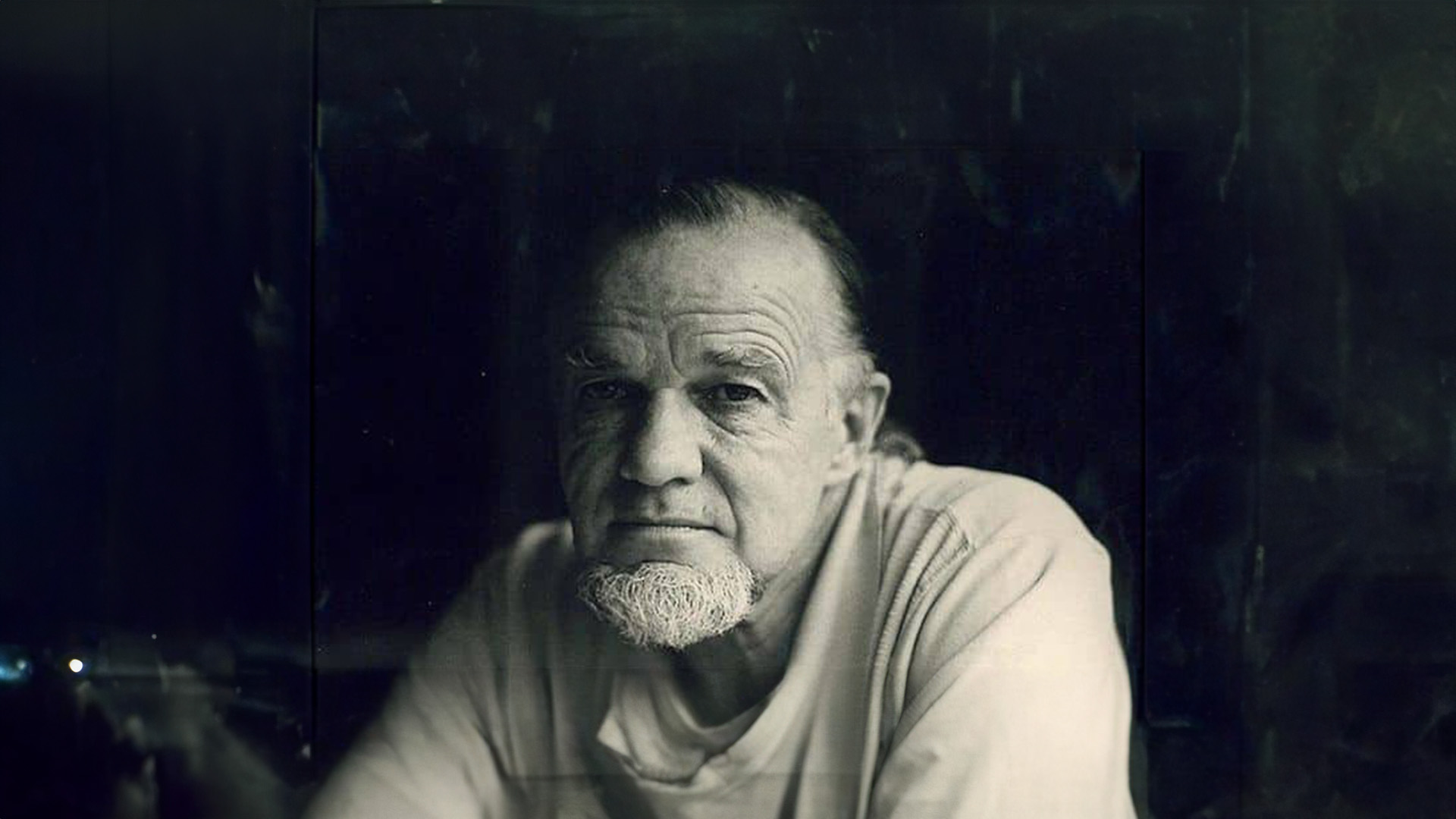Beginning in 1951, after years of being part of separatist-fundamentalist factions and denominations, Francis Schaeffer experienced a spiritual crisis. He was concerned about the lack of visible love he saw among Bible-believing Christians.
Moreover, he was concerned about the lack of “true spirituality” in his own life. So he resolved to rethink his whole understanding of the Christian faith. This crisis culminated in what Schaeffer called his “hayloft experience.”
For two months, he hiked the Swiss mountains near his home when the weather allowed. On rainy days, he paced back and forth in the hayloft of his chalet.
That period of examination laid the groundwork for True Spirituality. The book wasn’t published until two decades after Schaeffer’s crisis of faith. But the basic components of the book had been created by the mid-1950s in the form of camp talks and messages: twin emphases on the finished work of Christ and the need for Christians to live out their faith in all of life.
That process of deep thinking and reflection on his Christianity, his life, and his work as a missionary led Shaeffer to a recommitment to the gospel. He came to the resolution that Christianity is true for all of life. As he describes it, this was the moment when “the sun came out and the song came” with his renewed faith (10).
Finished Work of Christ
True Spirituality is concerned with sanctification. Schaeffer makes a clear distinction between justification, sanctification, and glorification in the life of the believer. All these flow from the finished work of Christ.
Sanctification, according to Schaeffer, is a moment-by-moment dependence on God. It’s an internal reality, not an external gesture. True sanctification is marked by “active passivity”—by opening our hands in faith for God to use us as vehicles for his purposes (93).
Sanctification includes a moment-by-moment dependence on God.
The Christian pursues sanctification by rehearsing the historic life of Christ in his or her own life. Schaeffer writes, “The order—rejected, slain, raised—is also the order of the Christian life of true spirituality: there is no other” (50).
The fact that salvation is dependent on the finished work of Christ has drawn many Christians into antinomianism. But the need for human effort toward sanctification has pushed other believers toward legalistic obedience. These extremes have beguiled Christians from the beginning.
But sanctification is more than legalism or antinomianism. Schaeffer identifies the flaws in both approaches. Obedience to God’s moral law is part of true spirituality, but the internal attitude of joy in obedience is where the freedom comes in.
Schaeffer shows that the Decalogue requires both external obedience and an internal attitude of joy. He focuses on the tenth commandment: do not covet. Christians must obey the law by refusing to covet, but they do this by giving thanks for all things.
The finished work of Christ moves believers to reject the sinful things of this world and be rejected by them. We’re to die to things and to ourselves as we experience new life in Christ. This sanctifying process is all done daily, moment-by-moment, in the power of the Holy Spirit, because of the work Christ completed through the cross.
Faith in All of Life
Sanctification is experienced internally, but it often has external consequences in this life. Christians live out their faith by seeking substantial healing in every relationship.
Schaeffer teaches that believers can experience substantial healing in their person, in interpersonal relationships, and in the church as they live out the gospel. This healing isn’t perfect, but it isn’t illusory either. Substantial healing touches all of Christian life because of the finished work of Christ, though the healing is not yet complete.
Substantial healing has an apologetic edge to it by offering a foretaste of God’s kingdom. Schaeffer shows that Christian spirituality goes beyond a ticket to heaven; he shows that God offers partial healing and peace in this world as well.
God’s work extends into communal and cultural life. Schaeffer always seems to begin with the thought world, but his anthropology affirms the goodness of the body. For Schaeffer, the “body is the bridge to the external world” (174). The physical world, therefore, matters. God is healing, and he’ll one day fully heal both the physical world and the souls of his people.
God is healing, and he’ll one day fully heal both the physical world and the souls of his people.
The book concludes with a call to take the transformative power to the whole world: “Having come this far, true spirituality—the Christian life—flows into the total culture” (256). Schaeffer clearly believes true dependence on Christ has substantial implications for all of life.
Throughout the history of the church, there has been an ebb and flow of legalism and antinomianism, world-denying dualism and world-affirming compromise. True Spirituality offers a helpful and needed balance.
Good Place to Begin
Schaeffer often states that the theme running through his entire corpus is the lordship of Christ.
As founder of L’Abri and the thinker who inspired a generation of evangelicals to engage meaningfully with culture, Schaeffer authored more than 20 books. He often described his trilogy as the hub of his writing: The God Who Is There, Escape from Reason, and He Is There and He Is Not Silent.
Others may argue the place to start with Shaeffer’s works is with his treatment of continuing cultural issues as in Pollution and the Death of Man or Art and the Bible. It’s hard to nail down the perfect place to begin a fruitful study. However, True Spirituality is an invitation to the rest of Schaeffer’s writings. It might be the center and the work from which everything else stems. Through this book, a new generation can pick up Schaeffer’s work and learn with him.



